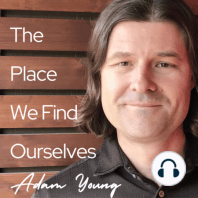51 min listen

79 Relational Conflict: Fight, Flight, Freeze, or Shut Down Part 1
79 Relational Conflict: Fight, Flight, Freeze, or Shut Down Part 1
ratings:
Length:
25 minutes
Released:
Dec 7, 2020
Format:
Podcast episode
Description
Your nervous system is constantly surveying your environment (think: relationships) to determine how safe and supported you feel. When your body scans the environment and detects anything that feels remotely threatening, it triggers your nervous system to do one of three things: socially engage (i.e. talk to the other person), go into a fight/flight/freeze reaction (i.e. yell at the other person, run away from them, or just freeze up in a state of paralysis), or shut down (collapse into a state of hopeless despair). In today’s episode, I explain how your nervous system determines which response to choose… and why this matters for your interpersonal relationships. To financially support the podcast, please click here.
Released:
Dec 7, 2020
Format:
Podcast episode
Titles in the series (100)
6 When Your Femininity Is Assaulted with Tracy: In today’s episode, Tracy courageously shares one of her stories with us. Born to a family longing for a boy, the war against her femininity began early. Tracy learned that attention with her father could be won by performing well in sports,... by The Place We Find Ourselves